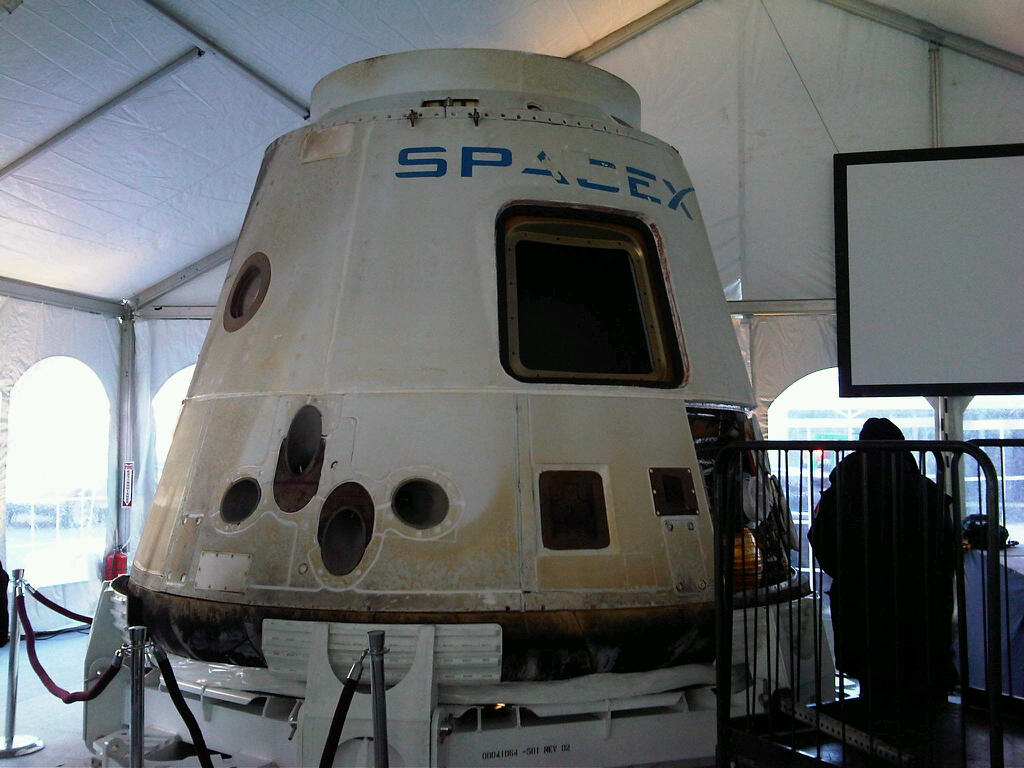1st Private Rocket Launch to Space Station Delayed Until March

The launch of the first privately built spacecraft to the International Space Station has been delayed until late March at the earliest, the company building the spaceship revealed today (Jan. 20).
The California-based company Space Exploration Technologies (SpaceX) originally planned to launch its unmanned Dragon space capsule on a maiden flight to the space station on Feb. 7, but the company postponed the orbital test flight to allow time for more work on the spacecraft.
Now, SpaceX officials said the flight will likely occur sometime in the spring, though NASA and SpaceX have not yet to set official launch target.
"It won't be earlier than late March," SpaceX spokesperson Kirstin Grantham told SPACE.com.
In the meantime, the company will resume preparations for the upcoming flight, which aims to test the Dragon capsule's ability to rendezvous and dock with the orbiting complex.
SpaceX's Dragon capsule will launch atop the company's Falcon 9 rocket on a mission to demonstrate the vehicle's ability to carry cargo to the space station. As the spacecraft approaches, members of the space station crew will use a robotic arm to grab the vehicle and attach it to the station.
If it is successful, SpaceX will be the first commercial company to rendezvous and dock to the orbiting outpost.
Get the Space.com Newsletter
Breaking space news, the latest updates on rocket launches, skywatching events and more!
This will be SpaceX's second flight under NASA's Commercial Orbital Transportation Services (COTS) program. Dragon launched on its first test flight in December 2010, completed two orbits of Earth, and then splashed down in the Pacific Ocean. The mission marked the first time a commercial company launched and returned a capsule from space.
NASA's COTS program is designed to nurture the development of new private spaceships to deliver vital supplies to the space station. Under the agency's current agreement with SpaceX, the California-based company will receive up to $396 million for the successful completion of the milestones outlined in their Space Act Agreement.
You can follow SPACE.com staff writer Denise Chow on Twitter @denisechow. Follow SPACE.com for the latest in space science and exploration news on Twitter @Spacedotcom and on Facebook.
Join our Space Forums to keep talking space on the latest missions, night sky and more! And if you have a news tip, correction or comment, let us know at: community@space.com.

Denise Chow is a former Space.com staff writer who then worked as assistant managing editor at Live Science before moving to NBC News as a science reporter, where she focuses on general science and climate change. She spent two years with Space.com, writing about rocket launches and covering NASA's final three space shuttle missions, before joining the Live Science team in 2013. A Canadian transplant, Denise has a bachelor's degree from the University of Toronto, and a master's degree in journalism from New York University. At NBC News, Denise covers general science and climate change.









